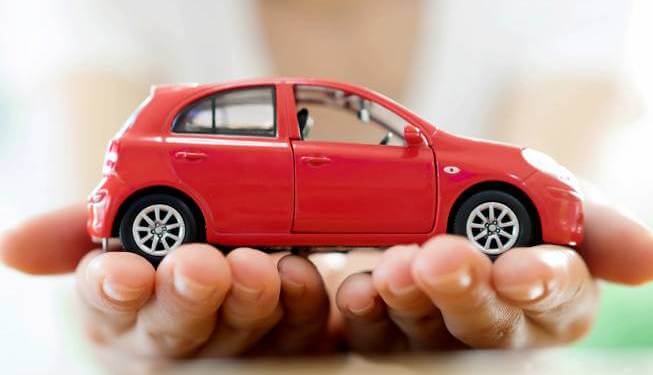Buying a car is a big financial commitment, especially for prospective owners who have only limited funds at their disposal. Outlining your available finances and establishing a more accurate car budget helps to ensure that you can find an option that meets your needs without breaking the bank.
Taking Stock of Your Current Situation
When it comes to effective planning, conducting a thorough assessment of your existing financial situation should always be the first step. Tallying your debts, calculating your future income, and ensuring that any factors that have the potential to impact your financial standing have been accounted for will help you to make effective decisions. Calculating your car budget based on information that may be inaccurate, incomplete, or out-of-date could wind up being a real disaster.
Select the Right Financing Options
Unless you plan to purchase a vehicle entirely out of pocket, finding the best financing terms and options will be of paramount importance. Interest rates and payments can vary considerably from one lender or financing option to the next, so you would be wise to explore your available options thoroughly. You would also do well to remember that refinancing your vehicle at a later date may be a viable option. According to Lantern by SoFi, choosing to refinance an auto loan may result in lower payments each month.”
Stretching Your Budget
Finding a little extra room within your planned or existing budget can help to increase your purchase power or ensure that dealing with monthly payments can be done with greater ease. Small sacrifices like choosing to cut back on certain expenses or making do with less disposable income each month could be well worth it, especially if such efforts may allow you to purchase a vehicle that will provide a superior value or greater enjoyment and satisfaction. Determining, in advance, how much you are willing to pay for a vehicle makes finding the perfect car a whole lot easier.
Maximizing the Value of Your Trade-In
Having to struggle to cover the cost of your down payment could end up putting you in a difficult position financially. While a higher down payment can help lower the cost of your monthly payments, many prospective vehicle owners often find surplus cash to be in short supply. Trading in your existing vehicle to offset the down payment and purchase cost of a new one could end up making a world of difference. Electing to do business with a dealership or lender who will be able to offer you top dollar for your old vehicle can help alleviate much of the financial strain that purchasing a new car may entail.
When you are planning to shop for a new car, it pays to keep a firm eye on your bottom line—possessing greater insight into your current financial situation, choosing the best financing options, and doing what you can to maximize the value of your trade-in makes calculating your car budget a whole lot easier.
